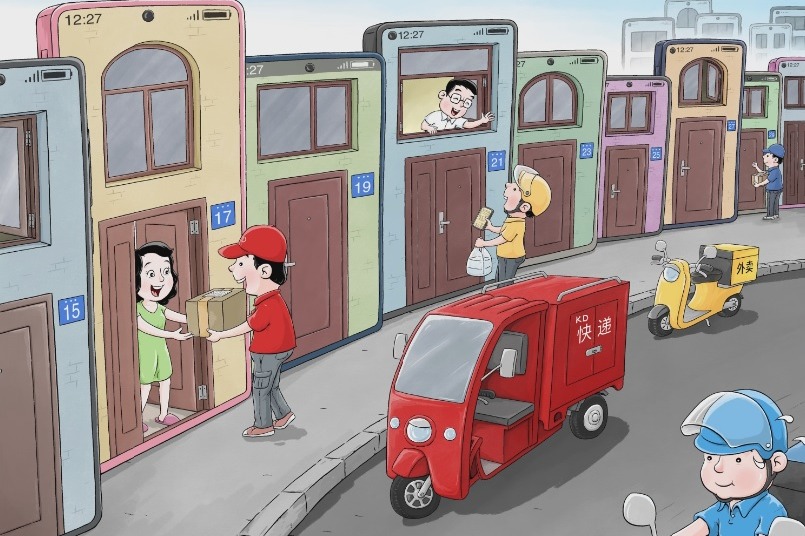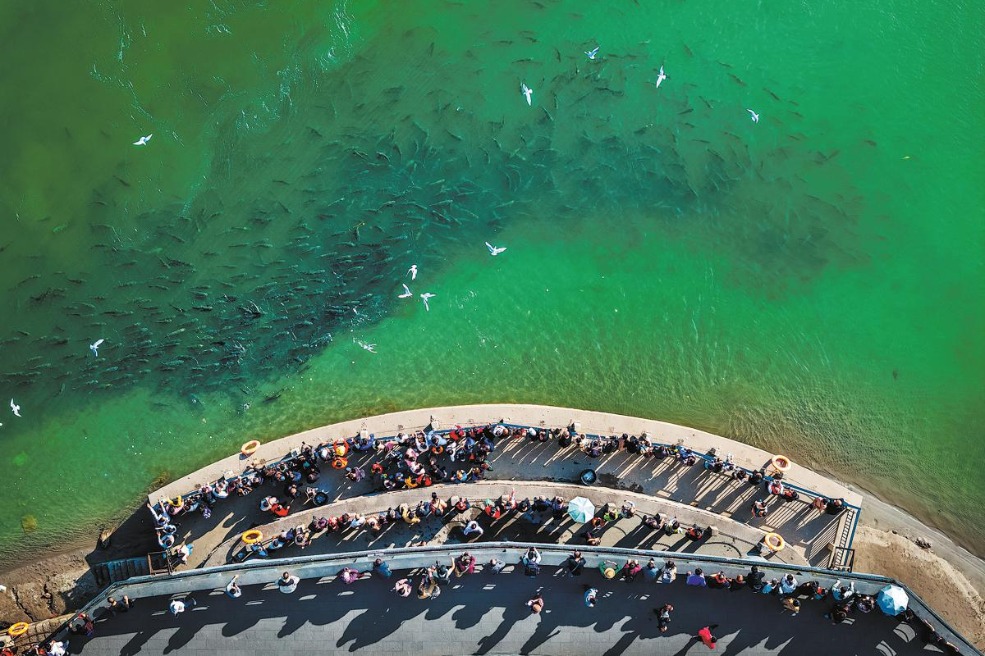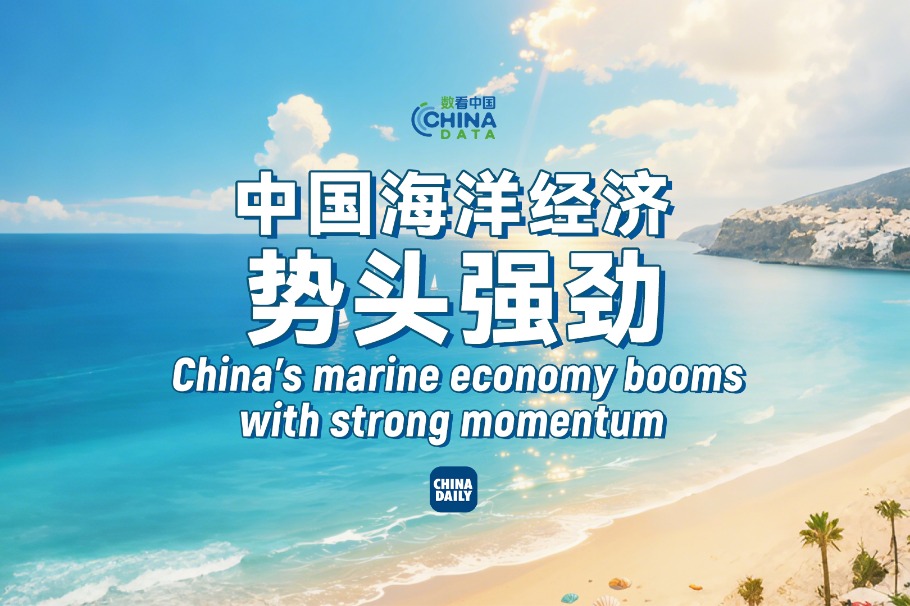Japan's WTO complaint most ridiculous


Japan's recent complaint to the World Trade Organization (WTO) regarding China's ban on Japanese seafood is both ridiculous and unjustified.
Rather than taking responsibility for its illegal discharge of nuclear-contaminated water into the sea, which violates international law, Japan is blaming China for the crisis facing its fishing industry.
However, Japan's baseless demands and threats not only fail to address the losses in its fishing industry, but also escalate trade tensions and further strain the already fragile trade relations between the two countries. This approach does not contribute to a resolution of the trade issues between China and Japan.
According to statistics from Japan's Fisheries Agency, the total export value of seafood products in 2022 was about 387 billion yen ($2.6 billion), with Chinese mainland and Hong Kong being the top two markets, accounting for 87.1 billion yen (22.5 percent) and 75.5 billion yen (19.5 percent) respectively.
Japan's unilateral decision to discharge nuclear-contaminated water into the sea will undoubtedly have a detrimental impact on its seafood exports and cause significant harm to its fishing industry.
It is noteworthy that countries expressing public support for Japan are the ones experiencing the most significant declines in their imports of Japanese agricultural and seafood products. Japan's official data showed the United States has reduced its imports of Japanese agricultural and seafood products the most in the first half of this year, with imports down by 8.3 billion yen ($57 million). Among the three main products with the largest reductions, namely Japanese sake, fish paste, and scallops, the latter two are primarily produced in regions affected by the discharge of nuclear-contaminated water.
China, like many other countries, has taken necessary measures in response to this issue. Following Japan's announcement of the discharge plan, Chinese authorities have acted in accordance with their domestic food safety regulations and relevant WTO provisions. They have implemented emergency measures, including a comprehensive suspension of Japanese seafood imports, to protect the safety of Chinese consumers. China's action is completely necessary and lawful.
The author is a research fellow at the Chinese Academy of International Trade and Economic Cooperation.
If you have a specific expertise, or would like to share your thought about our stories, then send us your writings at opinion@chinadaily.com.cn, and comment@chinadaily.com.cn.


































